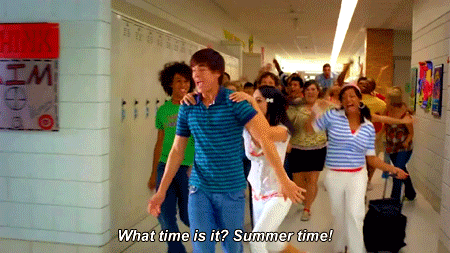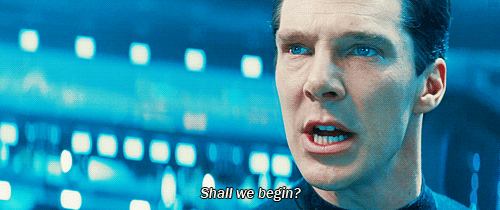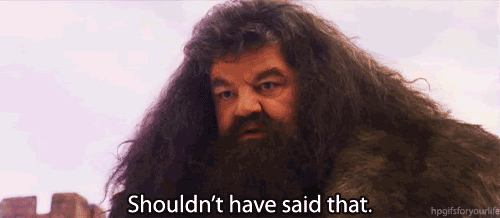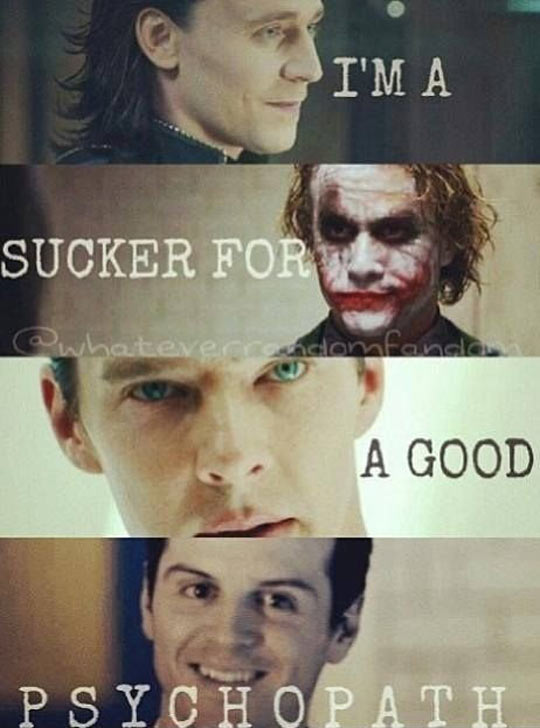 |
| An edit by me. The images used are from the movie, so I don't own them. |
(Note: if you haven't read (or at least seen) The Fault In Our Stars, you probably want to stop reading now to avoid spoilers. Okay? Okay.)
So, Hazel and Augustus both know their time is limited. We all know we'll die eventually, but for these two, they know that they will likely die of cancer very soon, so the reality of death is even more real to them. Sorry to start you off with such a morbid thought, but it's absolutely true.
Do they fear death? Well, they don't want to die, but from what I can tell, they don't actually fear death , or at least not in a way that consumes them. However, we do know that Augustus fears oblivion. He wants to be remembered. If you think about it, there's a deeper meaning to the fear of oblivion. To be remembered, you have to have a life worth remembering. You have to have a life that has meaning. What Augustus (and almost every human being) fears is having a meaningless life.
So what makes a life meaningful? What you do with it. Some infinities are bigger than other infinities, and everybody wants forever within the numbered days. Many religions have an afterlife, but even so, you only get one life on earth.
Living for what you believe in is the best way to find meaning in your short life. You believe in God? Good. Do what you think God wants you to do, and live for God. You believe in love? Good. Find someone to love who loves you back, and live for love. You believe in knowledge? Good. Learn everything you can, and live for knowledge. You believe in fun? Good. Do the things you enjoy (that don't detract from others' happiness), and live for fun. You believe in all these things? Good. Live for all of them. You don't believe in any of these things? Fine. Find something you do believe in, and live for that.
Another thing that gives our lives meaning is to give other people's lives meaning. Be kind to everyone, even if (like Peter Van Houten) they're not kind to you. Love other people, and show them you love them. (It doesn't have be romantic love like Hazel and Augustus' relationship, you can always show platonic love to others.) Make other people happy, not because you want to make them like you, but just because seeing someone smile because of you is a beautiful thing. Life is too short to hurt other people because in doing so, you hurt yourself. Whatever it is you do, do it in such a way that others can benefit. Even if you think you're a nobody, you never know how many people you have inspired, how many people you've made happy, how many lives you have saved. Give others an infinity within the numbered days.
And of course, don't forget to live for yourself. As Gus said, "I decided a while ago not to deny myself the simpler pleasures of existence". Take the time to do the things you love (like going to Amsterdam) because you never know which day will be your last.
Life is short. Even if you're perfectly healthy (or appear to be healthy, like Gus), your days are numbered. Hazel and Augustus knew that, and they made the most of their time. They created a forever within the numbered days, and that is what we should all strive to do. Make every day count, and you will have your own infinity. The more meaning you put in your life, the bigger the infinity. Some infinities are bigger than other infinities.



 ?
?





